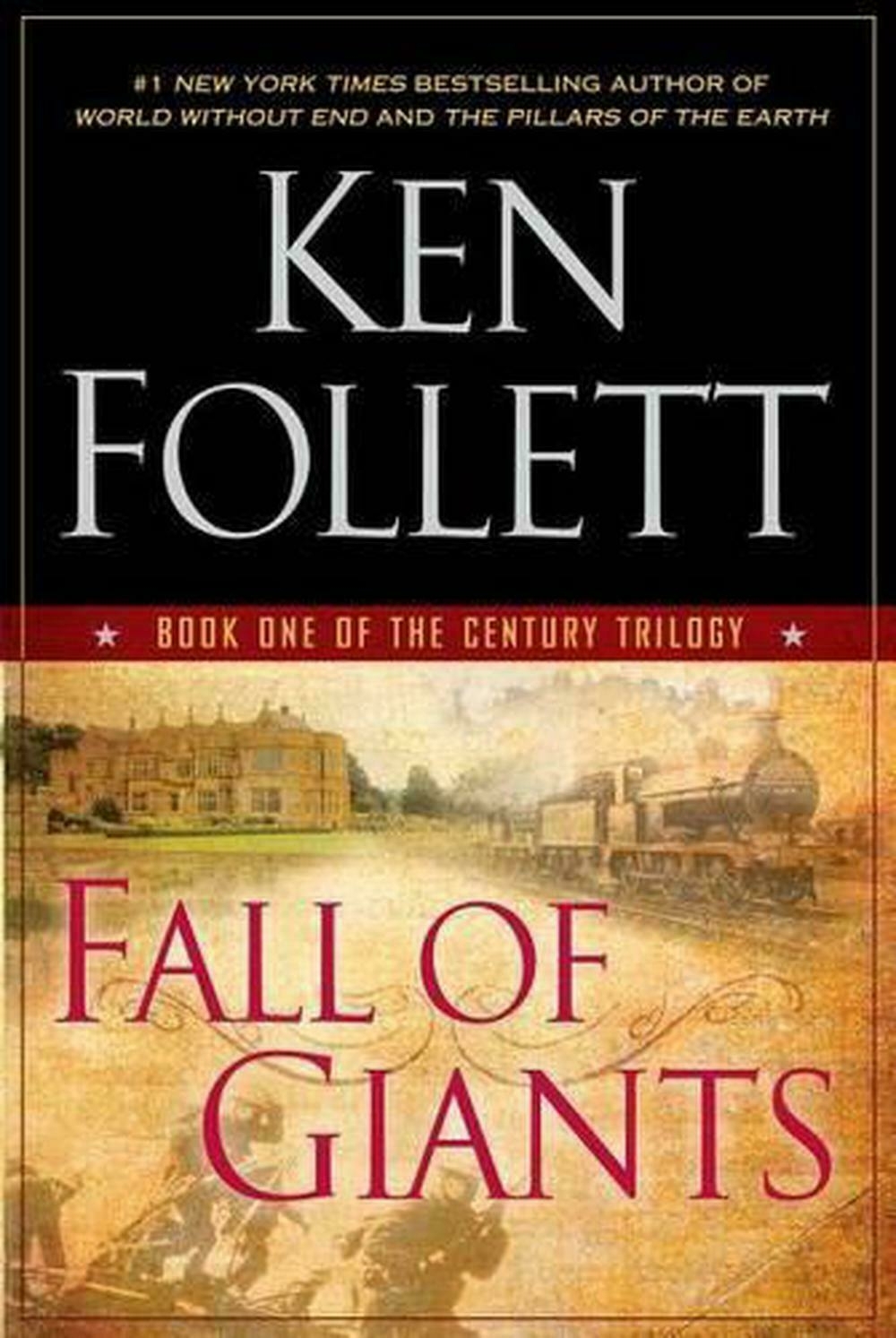📚 Finished listening to Fall of Giants by Ken Follett.
This is the first book of Ken Follet’s “Century Trilogy” which sets out to allow the reader to follow the stories of five families through the highs and lows of the twentieth-century. This one covers the start of the century, up to and including the immediate aftermath of the First World War.
Amongst various other socio-cultural changes there’s big political change in the air, from the Russian revolution, to demands for women’s rights - including the British campaign for the right to vote, for workers rights and more. The “fallen giants” include the aristocracy, the royalty and perhaps even a couple of nations, at least in terms of how people thought about them at the start of the century.
Whilst primarily a work of fiction telling a made-up story of families that didn’t exist, we do see some historical figures pop their heads up. Several are from the political class, inculding Lloyd George, Woodrow Wilson, Vladimir Lenin and, inevitably, Adolf Hitler.
Supposedly Follet has made every effort when it comes to the actually-real folk to ensure that the events they’re involved in either did happen or could realistically have happened. What they say, how they behave, where they are are all intended to be plausible. Personally, this feels usefully educational to my limited knowledge of early twentieth century history, but there’s also a risk of course that I’ll mix up fiction with reality in my mind, although the danger feels less acute than with The Crown.
The five families represent folk from across the class spectrum. One of the major themes is the struggle of the working class to achieve liberation, whether via politics or other methods. We start off with Billy Williams, a child, who’s sent off to work down a Welsh coal mine. Next up we sight the aristocracy, Earl Fitzherbert, who owns the said mine amongst other lands. His sister inadvertently falls in love with a German man, which is to prove problematic given the rise of Hitler and the consequent looming conflict. Over in Russia, two orphans struggle against poverty in very different ways, orphans in part because the Russian aristocracy executed their father.
Throughout, we see how these families live, meet and mix in ways both predictable and not, as they thrive, struggle, rise and fall through a seemingly quite realistic replica of our twentieth century.
Sure, the written form of the book is apparently nearly 1000 pages long, which is something that I’d usually find tremendously off-putting. And I can sometimes find historical fiction somewhat dry. But not in this case; it proved fairly gripping as I happily listened to the 30-and-a-half hour long audio edition at a more rapid rate than I usually manage to listen to audiobooks. And in the end, the next two books in the trilogy, Winter of the World (apparently mostly covering the 1933-1949 period) and Edge of Eternity (1969-1989) have surely made it to my want-to-read list.
